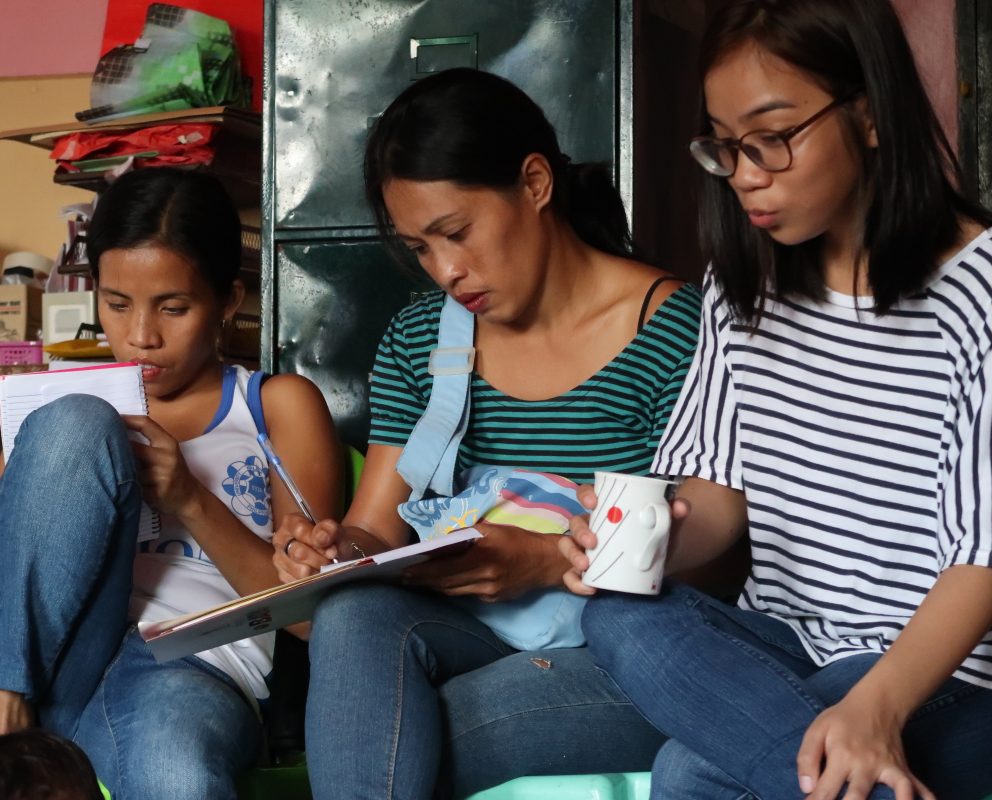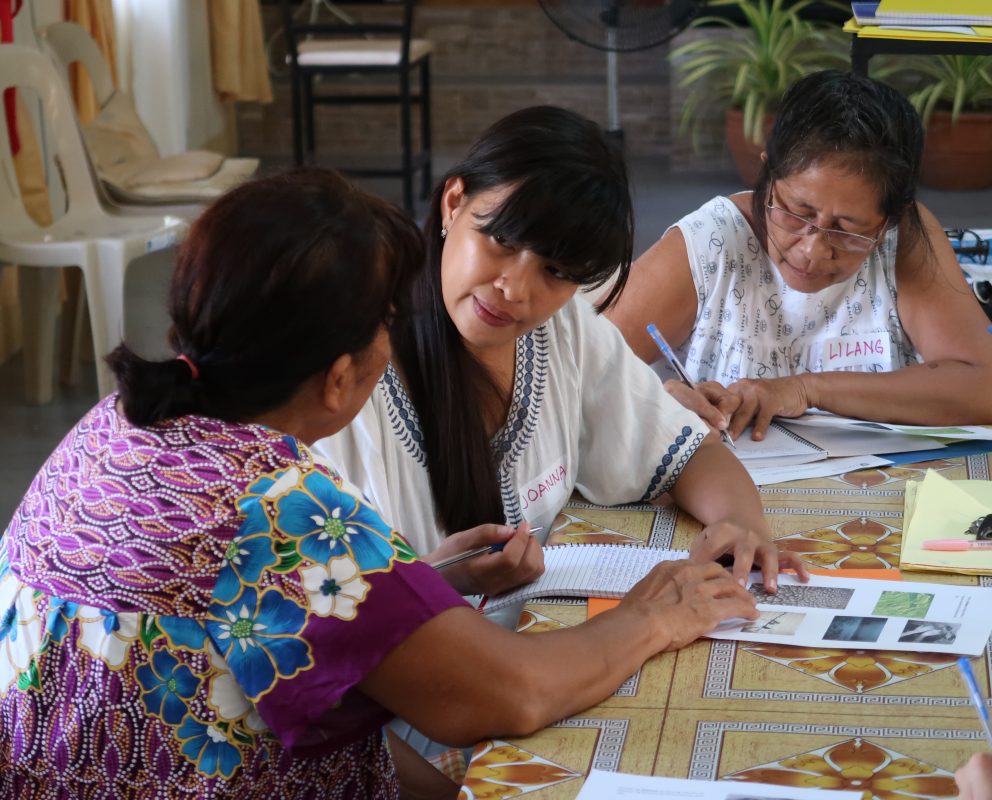Principal and Co-investigators
Dr Brett Matulis (PI)
Prof Sian Sullivan (Co-I)
Dr Jessica Moyer (PDRA)
Research Organisations
Leicester University
Pambansang Koalisyon ng Kababaihan sa Kanayunan (National Rural Women’s Coalition)
GABRIELLA Philippines
Center for Environmental Concerns (Philippines)
Department of Literature, De La Salle University, Manila
Funding sources
AHRC
Dates of funding
2016 - 2018
Throughout history, nature writing has greatly influenced environmental culture and policy. Contemporary environmentalism and many of the world’s protected areas can be linked to the cultural influence of nature writers. Today, however, these cultural traditions are being displaced by an increasingly monetary understanding of nature’s value and a similarly financialised approach to conservation.
In opposition to this, a growing number of grassroots groups, environmental NGOs, and civil society organisations in the developing world are contending that economic approaches reinforce corporate, rather than local control, over natural resources. They are calling for alternative knowledges and ecological perspectives to be supported as the ‘building blocks’ of genuine people- centred sustainable development. This project explores how the digital (geo)humanities might be used to empower disadvantaged communities, restore environmental rights and transform the global conservation agenda.
Adapting the practice of nature writing (which entails the creative expression of environmental values) to a contemporary digital context, this project makes use of the written word and digital video to amplify the environmental voices of marginalised communities in the Philippines. It works exclusively with women in marginal urban and agricultural environments, whose appreciations of nature are too often misunderstood or entirely unknown. Through traditional writing and digital formats (i.e. video) the project seeks to understand their environmental challenges and advance their environmental priorities. By so doing, this project challenges the historical status of nature writing as an avocation of white, Western, upper-middle-class men.
Financialised approaches to environmental conservation may profess to be concerned with the needs of human communities, but they do not embrace the perspectives, interests, and rights-based claims of underprivileged and under-represented groups at margins of the global environmental agenda. This project is aimed at writing this wrong.
Close



